Jewish Chronic Disease Hospital Study
Jewish chronic disease hospital study. He sought to learn whether people who were debilitated by cancer could reject cancer cells. Jewish Chronic Hospital in Brooklyn New York in 1963 Conducted by Dr. About mid-century the hospital had the nations only large inpatient program for adults with asthma.
The stunning accusation was that Brooklyns Jewish Chronic Disease Hospital a facility known for serving an elderly population and those in need of. Tracking progression of disease through internet searches for symptoms Students project found queries mirrored course of illness foretold rise in cases Health. In 1963 doctors at the Jewish Chronic Disease Hospital in Brooklyn New York injected live cancer cells into 22 chronically ill and debilitated patients.
The experiment financed by the United States Public Health Service and the American Cancer Society was part of a project aimed at discovering ways to build up immunities against cancer. Jewish Nazi Tuskegee Willowbrook Studies Jewish Chronic Disease Hospital Study The 1962-63 Jewish Chronic Disease Hospital Study was unethical because the presiding physician Chester M. Live cancer cells were injected into chronically ill and debilitated patients who had been told they were receiving a skin test.
Studies were undertaken at the Jewish Chronic Disease Hospital to develop information about the human transplant rejection process. Emanuel Mandel at Jewish Chronic Disease. Jewish Chronic Disease Hospital Study.
Emanual Mandel Expand research on transplant rejection process Evaluated if the body would reject the cancer cells. Chester Southam injected live cancer cells into 22 elderly patients at Jewish Chronic Disease Hospital in Brooklyn. Chester Southam immunologist at Sloan-Kettering hospital and Dr.
Southam stands by his research to this very day convinced that it was sound and scientifically important He believes there was no harm to patients When asked what if the patients did develop cancer. January 23 2020 357 pm A ground-breaking study in Israel has shown that it is possible to rejuvenate damaged kidneys in a procedure that could reverse. In summary the panel concluded that despite the lessons of Nuremberg the Jewish Chronic Disease Hospital case and the Declaration of Helsinki human subject research oversight and mechanisms to ensure informed consent were still inadequate and new approaches were needed to adequately protect the rights and welfare of human subjects.
Infants with major congenital abnormalities and those without placental examination were excluded. Southam injected live cancer cells into twenty-two chronically ill.
Would he participate in an experiment in which live cancer.
The stunning accusation was that Brooklyns Jewish Chronic Disease Hospital a facility known for serving an elderly population and those in need of. The Jewish Chronic Disease Hospital Case. Would he participate in an experiment in which live cancer. They did not inform the patients that. After being rebuffed by his institution Sloan-Kettering he convinced Dr. Emanual Mandel Expand research on transplant rejection process Evaluated if the body would reject the cancer cells. The experiment financed by the United States Public Health Service and the American Cancer Society was part of a project aimed at discovering ways to build up immunities against cancer. In the mid-1950s National Jewish Hospital maintained its tuberculosis work and built on its pulmonary focus to branch out into asthma and related respiratory ailments. Emanuel Mandel at Jewish Chronic Disease.
After being rebuffed by his institution Sloan-Kettering he convinced Dr. Chester Southam immunologist at Sloan-Kettering hospital and Dr. Avir Kagan was an attending physician at Brooklyns Jewish Chronic Disease Hospital JCDH in 1963 when he received a surprising request. If they did wed just cut it out Ethical Violations Other affiliation. Chester Southam injected live cancer cells into 22 elderly patients at Jewish Chronic Disease Hospital in Brooklyn. Jected live cancer cells into 22 debilitated patients at the Jewish Chronic Disease Hospital of Brooklyn without the patients voluntary and informed consent. In the mid-1950s National Jewish Hospital maintained its tuberculosis work and built on its pulmonary focus to branch out into asthma and related respiratory ailments.

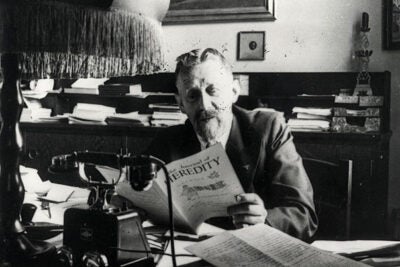
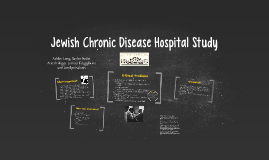

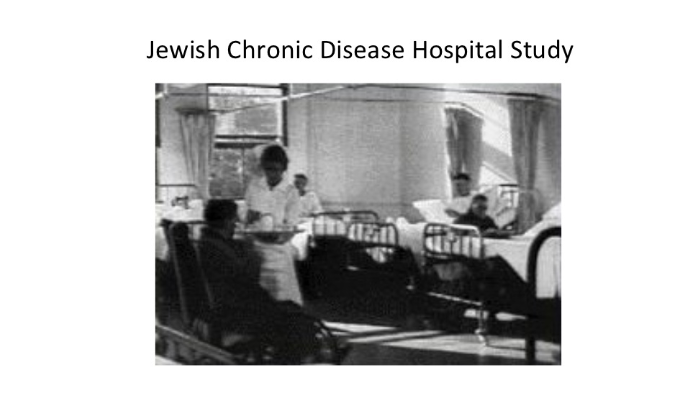
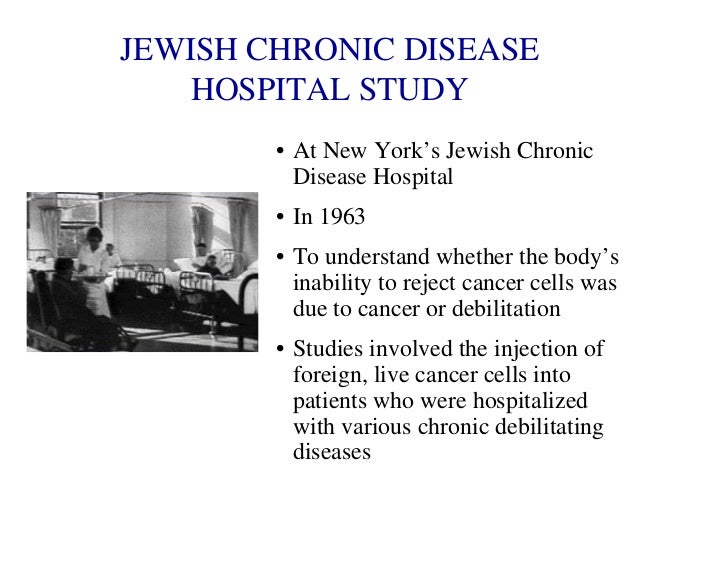
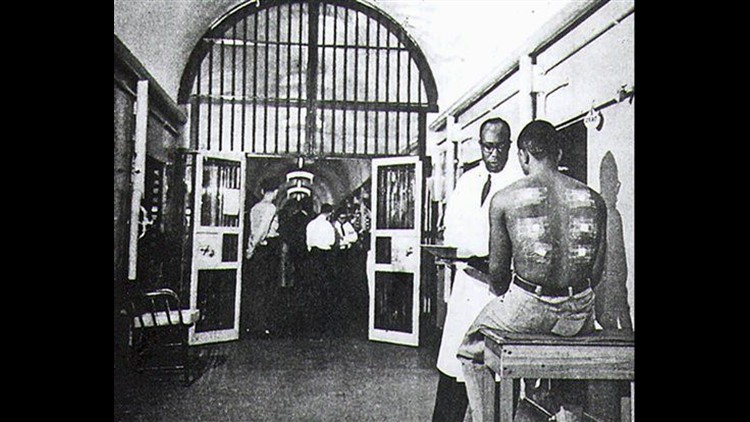

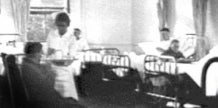

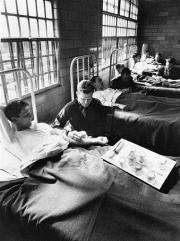
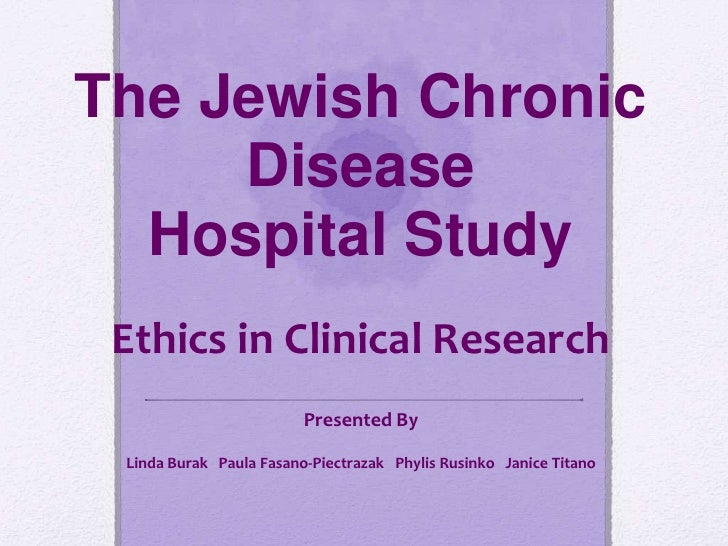



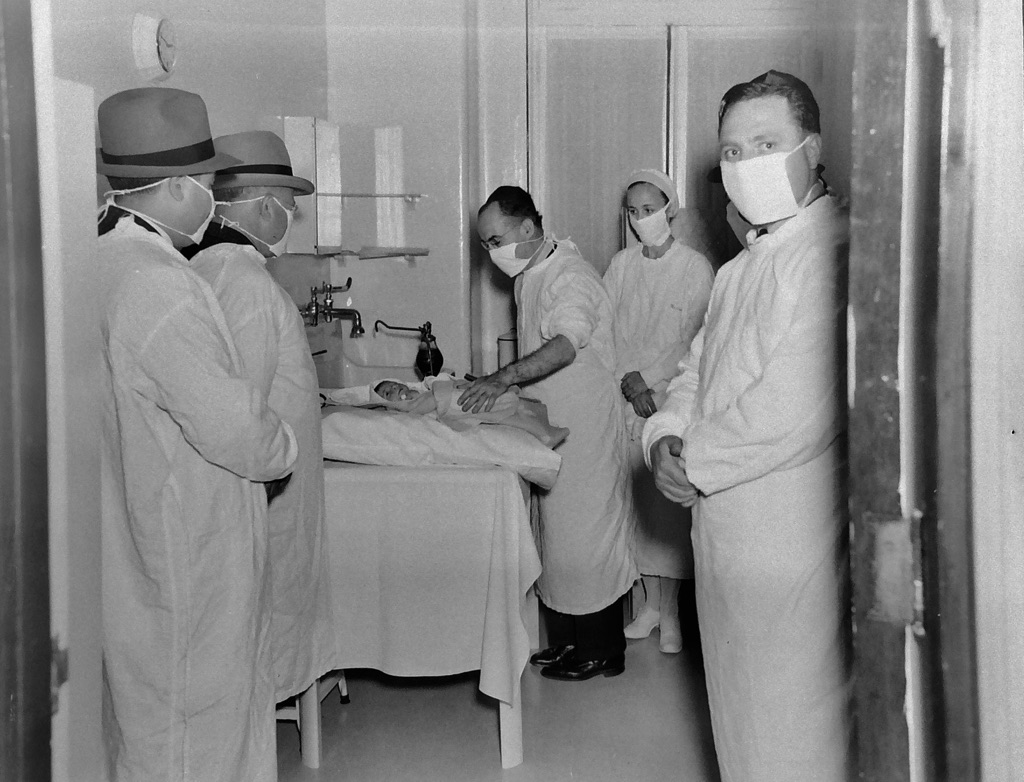
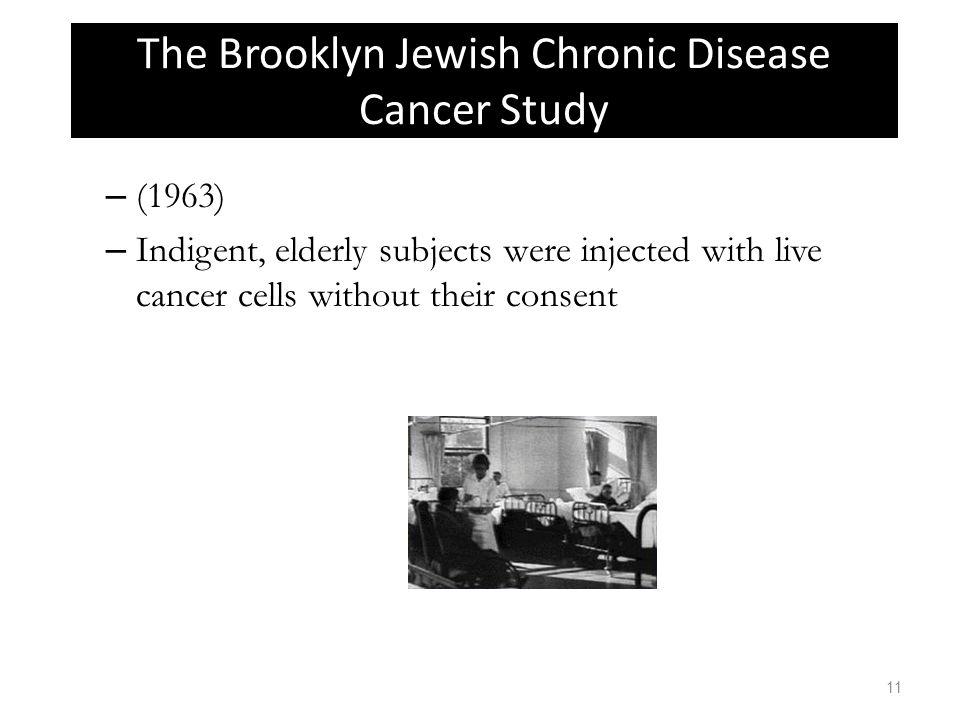


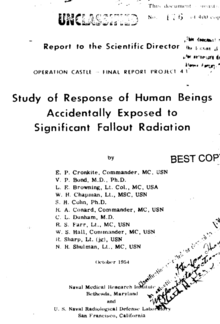
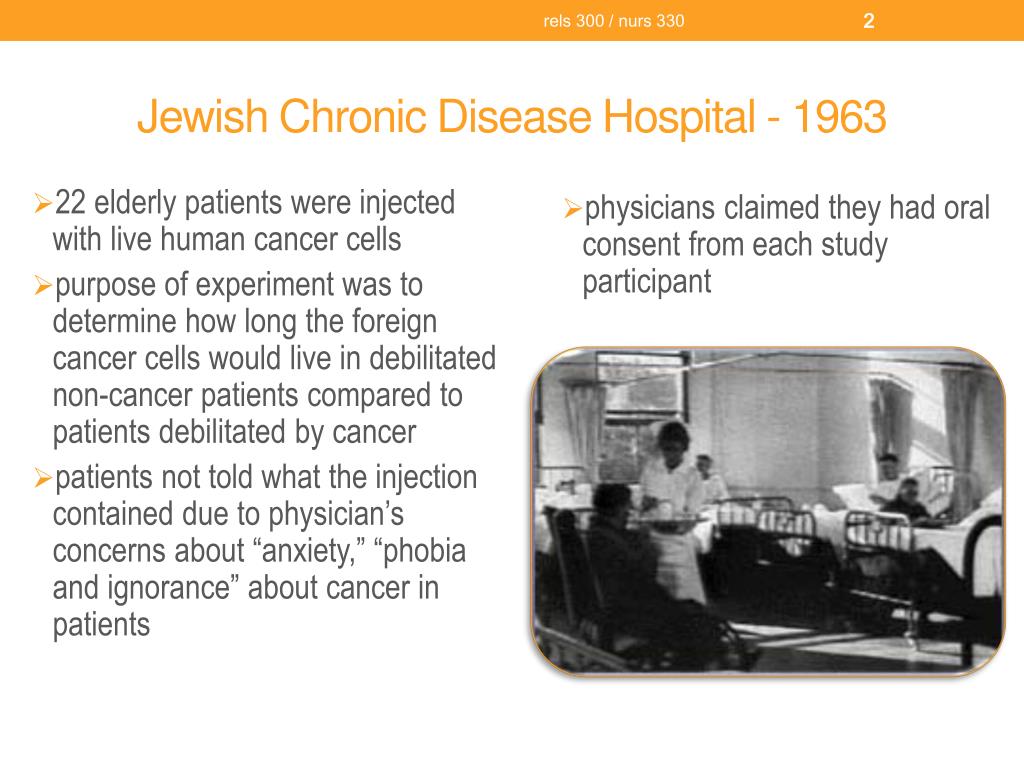

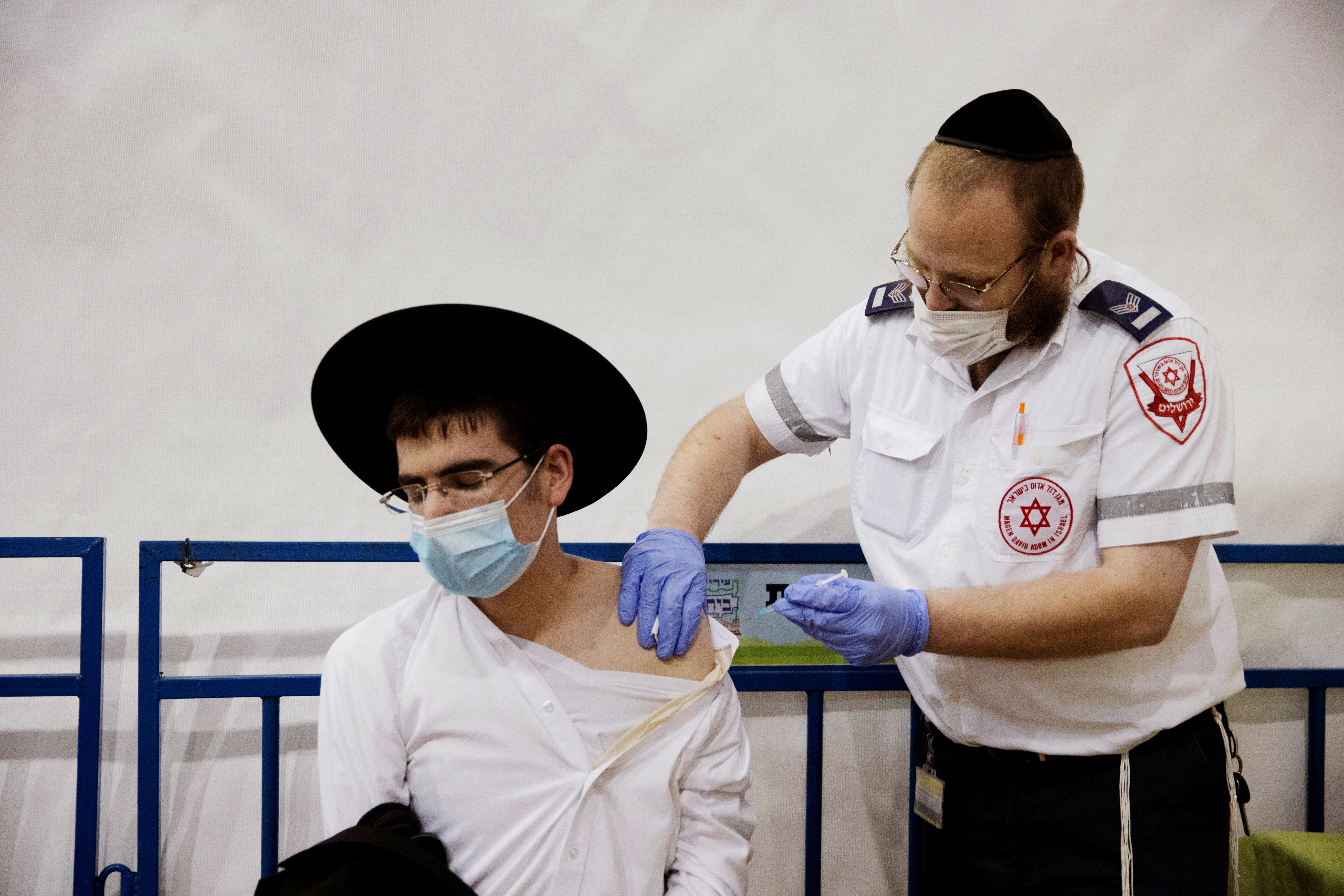
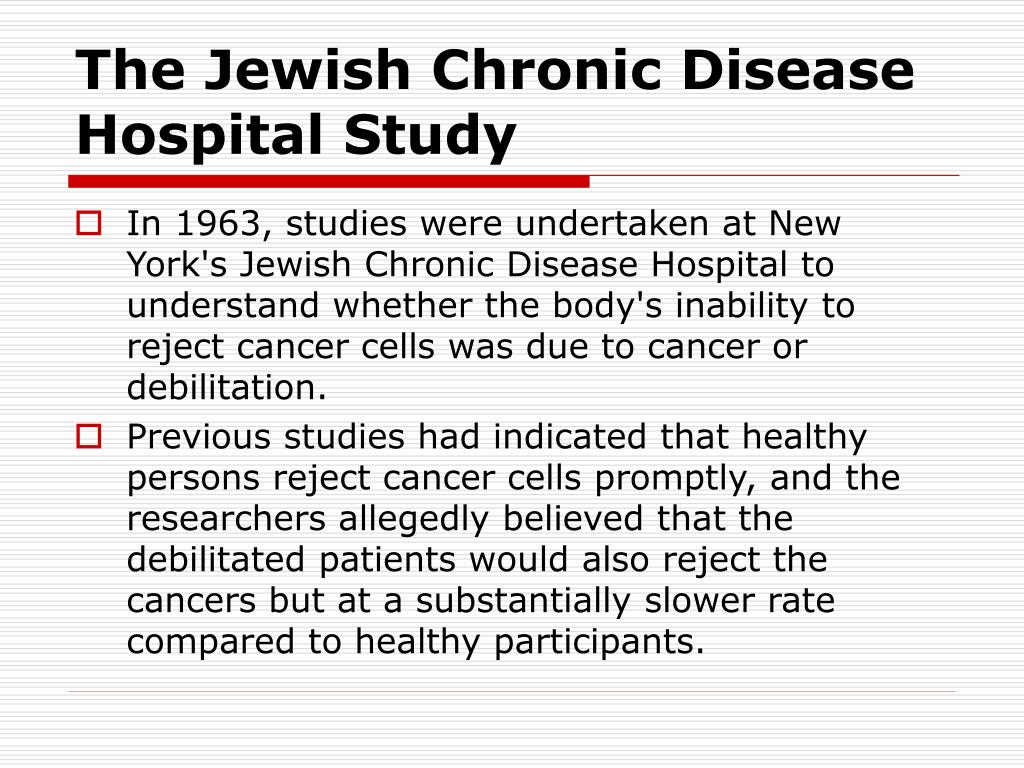
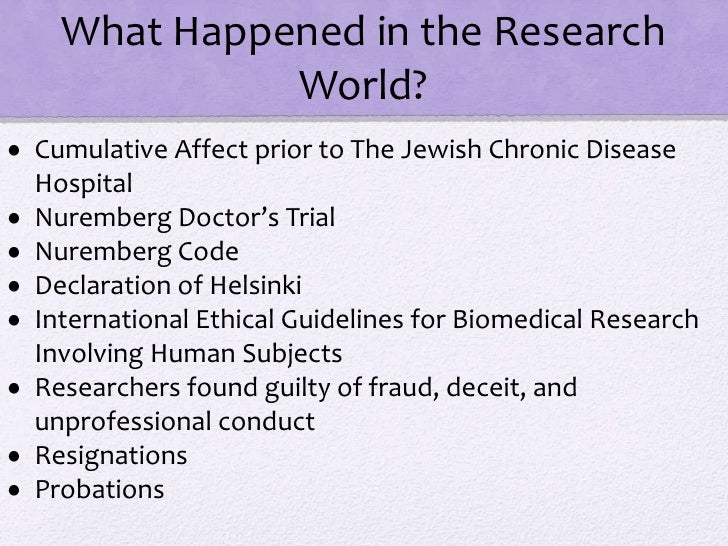

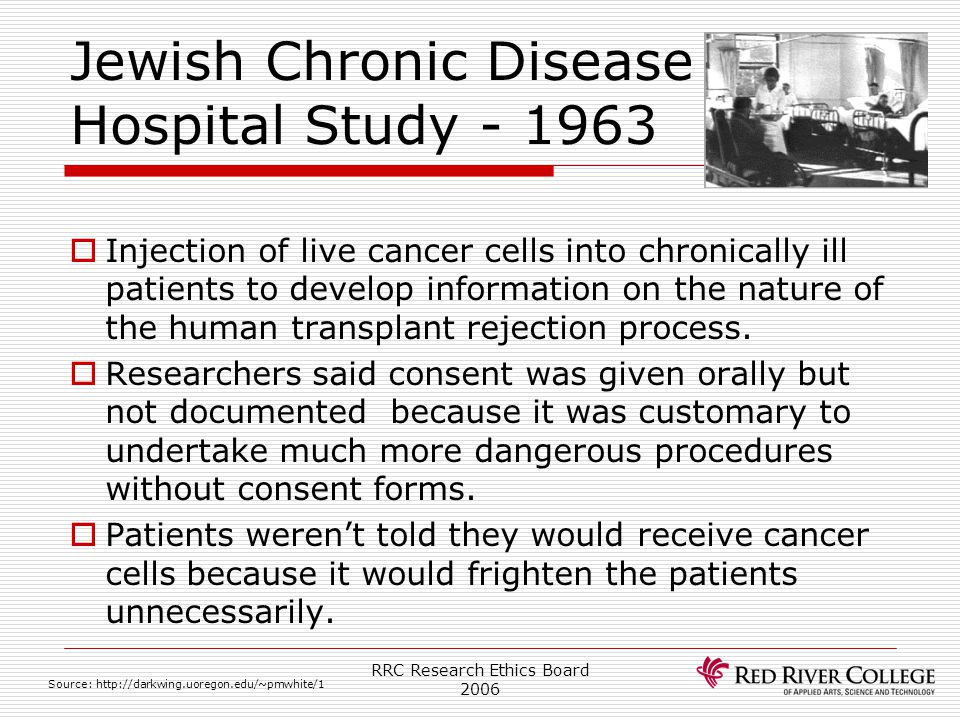


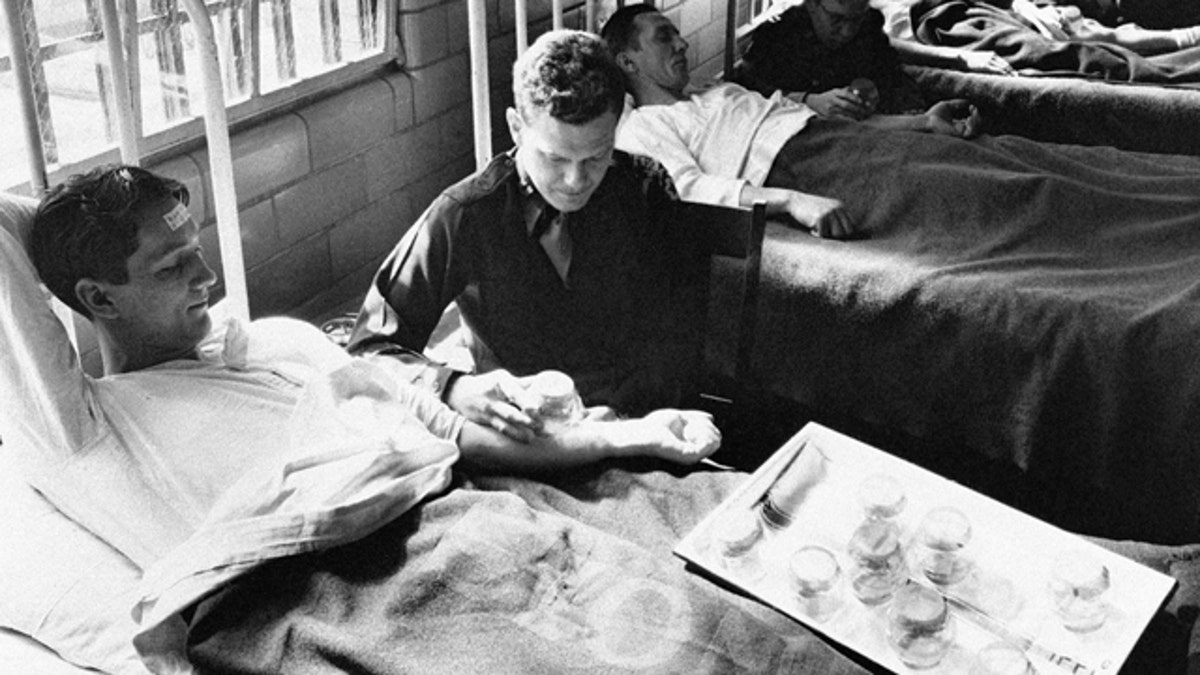


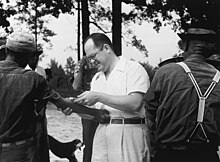


Post a Comment for "Jewish Chronic Disease Hospital Study"